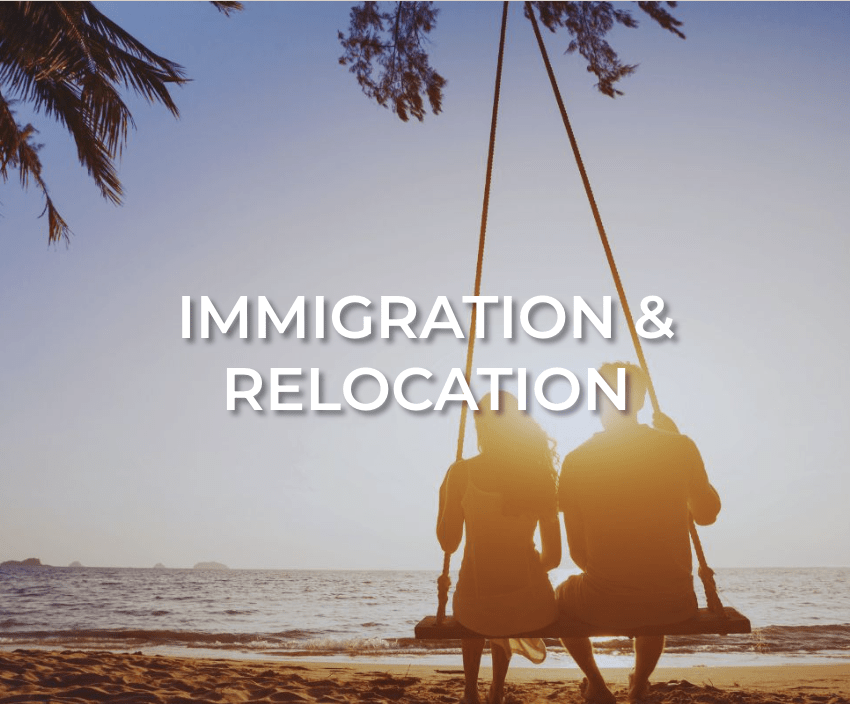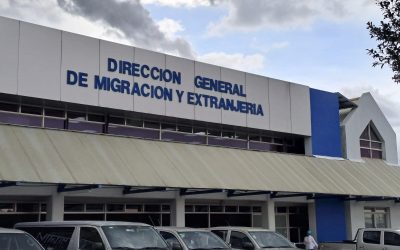


Understanding “Financing a House in Costa Rica” — What It Means and Why It Matters
Financing a house in Costa Rica means obtaining a mortgage or loan to purchase property within the country, whether as a local resident, foreign investor, or retiree. Instead of paying the full property value upfront, buyers work with banks to finance part of the purchase over time. This approach is becoming increasingly important as Costa Rica’s real estate market grows in popularity.
In fact, over the past three years, many Costa Rican banks have opened their credit lines to foreign investors in response to the country’s real estate boom. Finacial institutions such as Banco Lafise or BCT now provide tailored loan programs for non-residents—especially those with verifiable international income and solid collateral in Costa Rica.
This evolution reflects a broader trend: the local financial system is becoming more receptive, structured, and investor-friendly, making it easier for foreigners, specially U.S and Canadian citizens to access financing for home purchases and development projects under clear, transparent terms.
For foreigners, understanding how to obtain financing from a Costa Rican bank is essential to making informed investment decisions. Whether you’re relocating, investing, or buying a vacation home, knowing how to get a bank mortgage in Costa Rica can make your property purchase smoother and more secure.
How Financing in Costa Rica Works
When you apply for a loan from a Costa Rican bank, you are essentially entering into a credit agreement with the bank. The property you purchase becomes the collateral for the loan, meaning the lender holds a lien in case of the mortgage, or the title is held in trust, until the debt is repaid in full.
Here are the main components of how financing from a Costa Rican bank typically works:
- Loan-to-Value (LTV) Ratio: Most Costa Rican banks finance between 60% and 80% of a property’s appraised value. The borrower pays the remaining percentage as a down payment. For foreigners, it is common to see a lower LTV (around 60%), depending on the applicant’s financial documentation, credit history and property location.
- Interest Rates: Interest rates in Costa Rica can be either fixed or variable, depending on the bank’s offer. As of recent years, fixed rates usually range between 8% and 10% annually, while variable rates often depend on the Tasa Básica Pasiva (TBP)— a benchmark rate published weekly by the Central Bank of Costa Rica or any other rate used by the bank.
- Loan Terms: The repayment period for mortgages typically ranges from 15 to 30 years, depending on the borrower’s income and age. Some banking institutions may offer bank financing for shorter terms for foreigners.
- Currency Options: Mortgages can be issued and secured in Costa Rican colones (CRC) or U.S. dollars (USD). Foreign buyers often choose dollar-based loans to match their income source, while locals may prefer colones to avoid exchange rate risks. The mortages will work and be adjusted to the bank financing terms.
Step-by-Step: How to Get a Mortgage from a Costa Rican bank
If you’re wondering how to get a mortgage from a Costa Rican bank, here’s a practical breakdown of the process:
1. Determine Your Eligibility
Costa Rican banks evaluate income, employment history, debt-to-income ratio, credit scores, residency status amd country of origin. Foreigners without permanent residency may face stricter conditions or can be asked for higher down payments. Having a local income source or established business in Costa Rica can improve approval chances.
2. Choose the Right Bank to finance your real estate purchase.
There are two type of banksin Costa Rica:
- Public Banks: Institutions such as Banco Nacional de Costa Rica and Banco de Costa Rica (BCR) are highly regulated and stable, offering long-term mortgage programs for Costa Rican residents, but have not been as aggressive to serve foreigners.
- Private Banks: Lenders like BAC, Scotiabank Costa Rica, Banco LAFISE Costa Rica, and Banco BCT provide more flexibility and have created real estate financing programs for international clients, specially for United States and Canadian Citizens and competitive interest-rate structures.
3. Gather Documentation
Typical requirements to apply for a loan secured by a mortgage with Costa Rican bank to purchase real estate include:
- Two years of income tax returns (U.S. Form 1040 or Canadian T1)
- Recent W-2 or pay slips, or corporate financials if self-employed
- Bank statements (usually three to six months)
- Copy of passport and residency card (if applicable)
- Financial information pertaining expenses
4. Appraisal and Due Diligence
Before approving the loan to finance the purchase of property, the bank will appraise the property to confirm its value and ensure there are no legal issues (such as liens or ownership disputes). Working with a local real estate attorney is highly recommended during this stage to coordinate with the bank through the financing process and facilitate access to sensitive and essential information the bank will recure to approve the financing.
5. Approval and Closing
Once approved, the debtor will sign a mortgage deed before a notary public. The notary registers the lien on the property title, with the National Registry of Costa Rica, and the loan is disbursed to complete the purchase.
In some cases, the financing may instead be structured through a trust guarantee. In this model, the borrower temporarily transfers title of the property to a trustee entity, which holds it in trust until the loan is fully repaid. However, we will focus on this structure on a separate blog.
Benefits of Financing a House in Costa Rica
There are several key advantages to financing a house in Costa Rica through a local bank, especially for foreign investors and retirees:
- Preserve Cash Flow: Financing allows buyers to invest in property while keeping liquidity for renovations, business ventures, or lifestyle expenses.
- Leverage Investment Opportunities: By financing, buyers can diversify — purchasing more than one property or taking advantage of favorable market conditions.
- Build Local Credit History: Taking a mortgage helps establish financial credibility in Costa Rica, which can be beneficial for future loans or business activities.
- Access to Prime Locations: Financing with a Costa Rican bank enables access to high-value real estate areas.
- Potential for Appreciation: Costa Rica’s stable democracy, growing tourism sector, and sustainable development policies continue to drive long-term property value growth.
Tips for Successful Mortgage Approval with Costa Rican Bank
- Work with a real estate lawyer who understands Costa Rican bank financing practices.
- Compare multiple banks to find the best combination of rates, terms, and flexibility.
- Understand all fees, including closing costs, insurance, and appraisal charges that included in Costa Rican bank financing.
- Plan for contingencies, especially currency exchange rate variations if you earn income in another currency.
To make the process smoother, Quatro Legal offers its Bank Loan Brokerage Package, a comprehensive service designed to help foreign buyers and investors obtain real estate-backed financing in Costa Rica with confidence. Through this package, our legal and financial team:
- Pre-screens your financial and legal profile.
- Prepares and reviews all documentation before it reaches the bank.
- Communicates directly with loan officers and coordinates appraisals, insurance, and closing procedures.
- Ensures the property and loan structure comply fully with Costa Rican law and registry requirements.
This end-to-end support minimizes delays, reduces stress, and helps position you as a strong, well-prepared borrower in the eyes of local banks — making financing in Costa Rica simple, secure, and efficient
Financing a house in Costa Rica through a Costa Rican bank can open doors to new opportunities — from owning your dream home in paradise to expanding your investment portfolio in one of Latin America’s most stable economies. While the process may seem complex at first, with the right guidance, it’s entirely achievable for both residents and foreigners.
Whether you’re exploring how to get a mortgage in Costa Rica for a primary residence, a rental property, or a vacation home, the key is preparation, transparency, and expert support.
You can complete our Quatro Legal – Financial Solutions Intake Form, which helps our team collect the key details needed to evaluate your profile and connect you with the ideal financing program.
Our legal team specializes in assisting foreign investors through every stage of the process — from bank procedures and compliance to mortgage registration — ensuring your financing is handled efficiently and securely.
If you want to explore financing options in Costa Rica, contact us at financialsolutions@quatro.legal
Get a free consultation ![]()
Disclaimer: The information provided in this blog post is for general informational purposes only and is not intended to constitute legal advice. While we strive to ensure the accuracy and timeliness of the content, laws and regulations are subject to change. For the most accurate and up-to-date information, please contact our office directly. Some images may be AI generated.
Get To Know Quatro Legal

We’re bringing empathy and excellence back to legal counseling. Quatro Legal is built on a bedrock of kindness, a passion for service, and a commitment to guiding you through your legal challenges with ease.
OUR SERVICES
EXPLORE BY
category
REAL
ESTATE
CORPORATE
COSTA RICA
LIFESTYLE
LABOR & EMPLOYMENT
CLIENT
TESTIMONIALS
FREE TRADE
REGIME
Designed & Developed by Untethered Media
All Rights Reserved 2023 | Privacy











